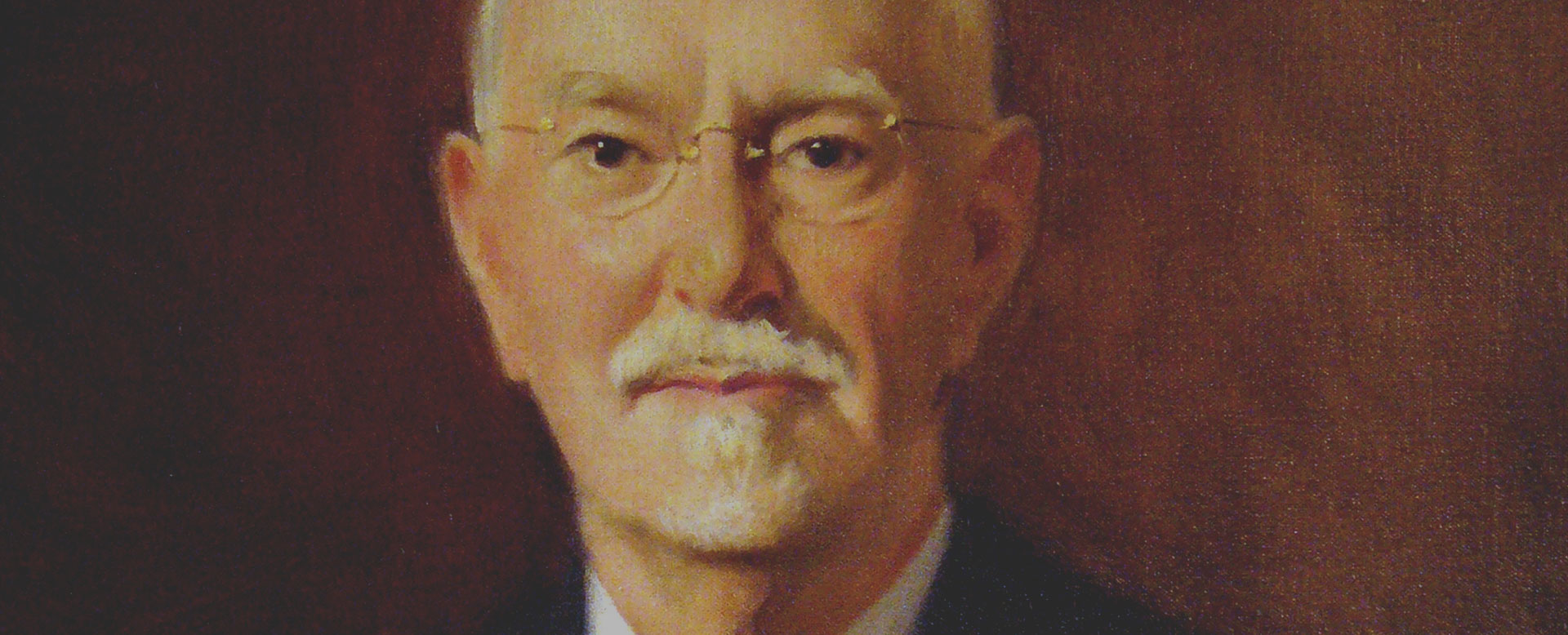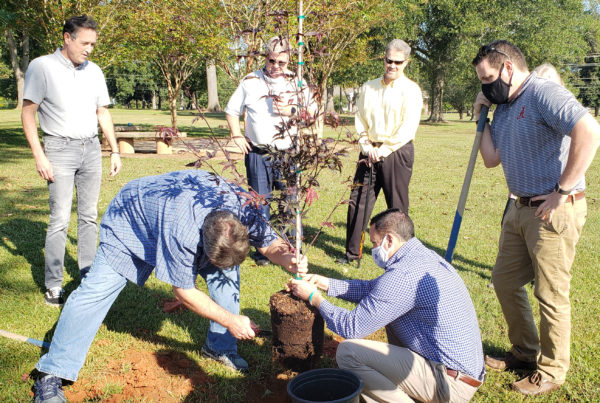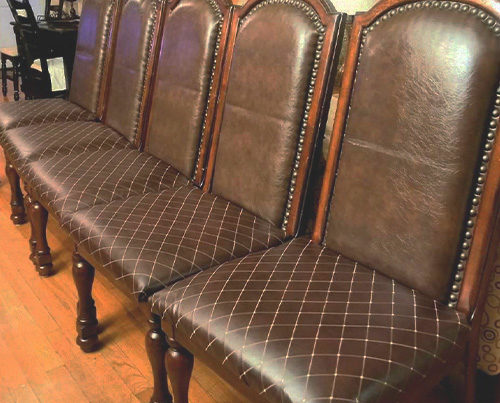Recently, our Connie Maxwell family hosted the Duke Endowment’s Director of Child Care, Phillip Redmond, on-campus in Greenwood. During our conversation, he said something that I shall never forget.
“Connie Maxwell is not an institution. Connie Maxwell is an idea.”
Think about that statement for a moment.
Connie Maxwell is an idea. Connie Maxwell is an idea about a long-standing, enduring relationship of love for children and families.
Connie Maxwell is a force of compassion for children and families that permeates and flows through the hearts and minds of God’s people in South Carolina and beyond. Since 1892, this living, breathing idea has brought hope and healing to over 17,000 children.
From its conception, after the tragic death of a little girl named Connie from scarlet fever, this idea rose up in glory to remember the death of a child and give life to lost, abandoned, and broken children and families for 127 years.
In every grocery store, gas station, barbershop, church, and schoolhouse across South Carolina and beyond, consistently without exception, someone will approach me and share a story about their father, mother, grandparents, sister, or brother.
Every single day, the conversation starts with something like this, “You saved my dad’s or mom’s life and impacted my family for generations.”
The future of this idea is just as bright and promising as its radiating and glorious past.
Through the ages, this idea did not celebrate brokenness; but responded to the needs of vulnerable, voiceless children and families in a way that rescued and redeemed their lives and restored their place in the world.
A place of meaning, grace, and love that all of God’s children deserve. A birthright of freedom, peace, and wholeness in Christ. This idea was born as an orphanage.
Dr. J. C. Maxwell deeded 470 acres of land west of town and promised to leave nearly all of their personal property. This bequest amounted to roughly $35,000, which the home received after the death of Mrs. Maxwell in 1902.
Through the years, as society changed, the Connie Maxwell idea grew into a children’s home to meet the ever-demanding needs of broken families.
This idea is still alive today as we are currently renovating and restoring White Moorehead Cottage to address a “waiting line” of children across the state of South Carolina.
While continuing to be a healthy and vibrant residential facility, this idea evolved into a variety of different services to promote the prevention of brokenness (Family Care) and the idea that every child deserves a family (Foster Care).
Foster Care and Family Care are not new ideas to Connie Maxwell. In 2017, the Duke Endowment gave a $350,000 gift to support a “Trauma Academy” to provide Foster Care parents with training to better understand trauma’s effect on children. Their investment continues a long-lasting friendship and partnership with the Duke Endowment.
History reveals the future. In 1924, Connie Maxwell employed the first social worker, marking the beginning of our long relationship with the Duke Endowment.
One of the incentives for this new initiative was the foreknowledge of the trust indenture that Mr. James B. Duke was to execute on December 11, 1924. It was made clear that Mr. Duke intended that orphanages aided by the newly created Duke Endowment should, in Dr. Jamison’s words,
“Do something by way of enlargement or should introduce activities that had not been possible before.”
Jamison decided that Connie Maxwell should introduce “modern casework methods” as “our forward step” to be financed by the grant from the Duke Endowment, which amounted to around $7000. The first social worker employed was Miss Lavinia Keys, the daughter of W.W. Keys, whose editorial in the Baptist Courier in 1889 had stimulated the founding of the orphanage.
In 1935, Jamison listed “a knowledge of mental hygiene” as necessary to staff working with children. He further stated that staff would be graded on their management of children, their housekeeping, their food preparation, their personality, their use of proper English, their work habits, and their cooperation with other staff.
Jamison had held out against both foster parent placement (Foster Care) and a Mothers Aid program (Family Care) because he believed that neither should be done by anyone but a “trained” worker.
Although Connie Maxwell did introduce with the Duke Endowment, both a Mothers Aid program (Family Care) and placement in family homes (Foster care), Jamison only recommended the latter for the “nervous child who would be upset by living in group life.” These two programs grew slowly. In 1926, there were only fifteen children in three families receiving Mothers Aid at a total cost of $300 monthly and no children in foster care homes.
Today, Connie Maxwell serves 25 Foster Care families and 8 Family Care families, along with over 100 children in residential care across 5 locations in South Carolina. These children are served with an eye on the future and a calling to embrace “a deeper dive into healing.”
Concerning a “deeper dive into healing,” Jamison made this most important statement about social services work, “It was increasingly evident that an institution should be of service not to children only, but families as well.”
This comment referred mainly to treating families to prevent the necessity of child placement and did not yet envision the family as the target of the institution’s service. It is a remarkable statement in an age where parents were thought to have failed their children when they came to an institution. In many cases, parents had to surrender all rights to their child before they could receive care—a practice that Dr. Jamison later called “a hangover” from a less enlightened age.
Today, the past is being reinvigorated as Connie Maxwell places a strong emphasis on what Dr. Jamison called for in the late 1920s—a focus on children and families. In our plans for the future, Connie Maxwell will remain focused on strengthening these areas to serve the needs of children and families better.
Connie Maxwell is an idea. An idea that is committed to ensuring that our ministry holds the strongest position in Residential Care, Foster Care, and Family Care.
Just as Dr. Jamison strived to meet a variety of needs in the lives of children and families, the future of Connie Maxwell will depend on our ability to adjust to the changing needs of our society. We must continue our legacy with the Duke Endowment to maintain a deeper level of healing through a better understanding of mental hygiene, best practices in healing, and quality services that bring children into a sense of wholeness and healing.
Connie Maxwell is an idea.
From the glorious past into a bright and promising future —Connie Maxwell is an idea that will last for generations to come and develop into one of the best children and family ministries in the nation.





